Where Kamala Harris Stands on the Economy
In the past, her plans have been vastly different from Biden's.
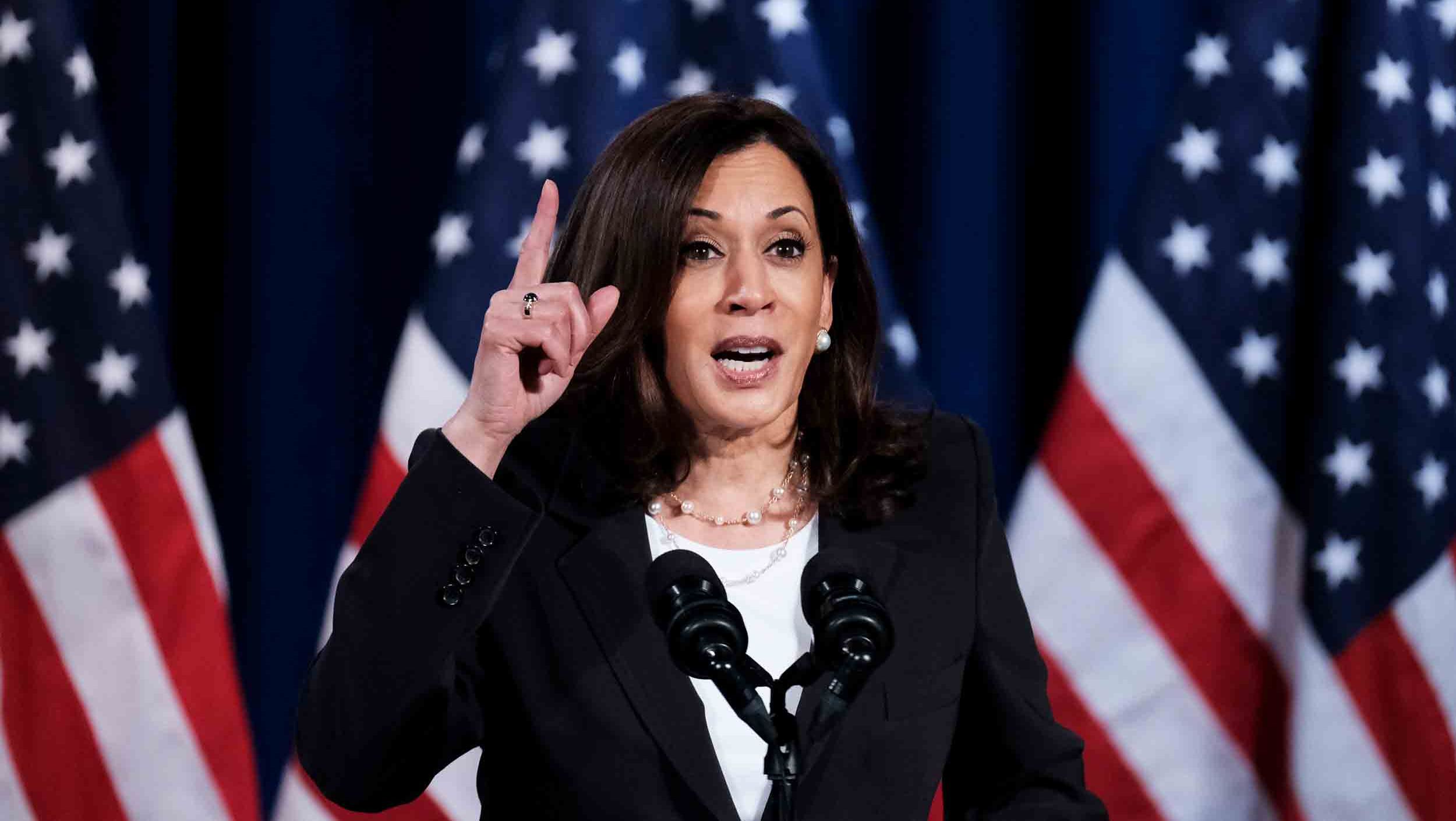
Before she joined Joe Biden's presidential campaign as his vice presidential pick, Senator Kamala Harris presented big ideas about how to stimulate the economy. Her proposals as a presidential candidate offer a particular vision for an economy that protects lower- and middle-income families, underrepresented groups, and the environment. As she and Biden continue to push forward as running mates, some of her policies may come to the forefront of their combined plan—alternatively, she and Biden may disagree and work towards a compromise of sorts. So what do we know about Harris' economic policies as of this moment, and how they may evolve in her new role? (FYI: We've also put together guides to Harris' positions on healthcare, climate change, guns, abortion, and more.)
Kamala Harris on the Economy and COVID-19
Both Biden and Harris have been critical of the current administration's mishandling of the pandemic. In Biden and Harris' first joint appearance, Harris said, "This virus has impacted almost every country, but there’s a reason it has hit America worse than any other advanced nation. It’s because of Trump’s failure to take it seriously from the start."
Harris has put her money where her mouth is, so to speak: She's either proposed or supported a range of economic supports for individuals and small businesses particularly impacted by COVID-19, like monetary relief for struggling families, banning evictions and foreclosures, small business grants, and the COVID-19 Racial and Ethnic Disparities Task Force Act.
A post shared by Kamala Harris (@kamalaharris)
A photo posted by on
Biden and Harris also conducted a coronavirus briefing in August to listen to experts and propose action. On the Biden-Harris website, there's a long list of potential solutions that would support the 20 million unemployed Americans, and they include "restart packages" for small businesses, but doesn't go quite as far as Harris' proposals yet; they appear to be focused on solutions around controlling the spread.
Kamala Harris on Economic Stability and Recovery
Both Biden and Harris support raising the minimum wage from $7.25 to $15 and then allowing it to increase with inflation; Harris has also been critical of the administration's handling of the economy pre-pandemic for its lack of support for working men and women. In 2019, Harris explained exactly why she was joining Democrats in support of raising the minimum wage:
The federal minimum wage:April 1, 1990: $3.80April 1, 1991: $4.25October 1, 1996: $4.75 September 1, 1997: $5.15 July 24, 2007: $5.85 July 24, 2008: $6.55 July 24, 2009: $7.25 Ten years later & the federal minimum wage hasn't moved from $7.25. This is why I #FightFor15.July 25, 2019
In regard to paid leave, Harris proposed a "Children's Agenda" that would put children at the forefront of decisions about care, in her words, and would provide six months' paid leave to all workers, including part-time and self-employed. She also proposed a new Office of Paid Family and Medical Leave to run and enforce the program in a larger attempt to promote economic justice.
Since automation is a major concern for the potential loss of jobs, particularly in poorer areas of the country, Harris has addressed that too: Her 21st Century SKILLS Act would allow workers free access to training in specialized fields, with transportation and childcare covered, to allow them to mitigate job loss from career paths that have become obsolete.
Stay In The Know
Get exclusive access to fashion and beauty trends, hot-off-the-press celebrity news, and more.
Harris has also supported debt-free college and universal pre-K, debt relief programs for student loans, expanding tax benefits for low- and middle-income families to address inequality, and imposing higher taxes on financial institutions.
Kamala Harris on a "Clean" Economy
One cannot talk about climate change without bringing in the economy, particularly the fossil fuel industry and its continued harm done to the planet. Harris is in favor of rejoining the Paris Agreement and is a proponent of the Green New Deal, proposed legislation to tackle climate change while still stimulating the economy at the same time. In 2019, she also proposed a plan for a "clean economy" that would use $12 trillion in public and private funding to help create jobs, develop climate resilience measures, and get to net-zero carbon emissions (2045) and carbon-neutral electricity (2030). Harris has worked with Representative Alexandria Ocasio-Cortez to explore developing an Office of Climate and Environmental Justice Accountability.
Harris has also encouraged Americans to eat less meat to help combat climate change, which is going to come up during the VP debate with Mike Pence, likely taken out of context as he's been misusing it in the past.
Kamala Harris on Equality and Reparations
The concept of reparations (also known as a kind of compensation for injustice, in this case for Black Americans for slavery, racism, and discrimination) has once again entered the public discourse. It was one of the ideas endorsed by the Black Lives Matter movement, and it's gained popularity among Democrats for at least discussion and debate. In March 2019, Harris floated the idea that a form of reparations could be funding for mental healthcare, following the research-based evidence that racism and discrimination are materially adverse to Black people's physical and mental health (also called "weathering").
Biden's economic plan from July skipped any mention of reparations, but he has said in the past he favored research on the subject to determine its efficacy and see what form(s) it could take. The notion doesn't appear to be on the Biden-Harris website's racial equity section at the moment, including the H.R. 40 bill proposed by the House of Representatives to study reparations. But, the section has a long, long list of proposals, including major investments in areas like education, infrastructure, small business, and homeownership. Biden has indicated that racial equality is a big part of his overall economic campaign (and Harris has long been a proponent of racial justice):
A post shared by Joe Biden (@joebiden)
A photo posted by on
And the subject of reparations could come up in debates or in interviews, so TBD.
RELATED STORIES


Katherine’s a contributing syndications editor at Marie Claire who covers fashion, culture, and lifestyle. In her role, she writes stories that are syndicated by MSN and other outlets. She’s been a full-time freelancer for over a decade and has had roles with Cosmopolitan (where she covered lifestyle, culture, and fashion SEO content) and Bustle (where she was their movies and culture writer). She has bylines in New York Times, Parents, InStyle, Refinery29, and elsewhere. Her work has also been syndicated by ELLE, Harper’s Bazaar, Seventeen, Good Housekeeping, and Women’s Health, among others. In addition to her stories reaching millions of readers, content she's written and edited has qualified for a Bell Ringer Award and received a Communicator Award.
Katherine has a BA in English and art history from the University of Notre Dame and an MA in art business from the Sotheby's Institute of Art (with a focus on marketing/communications). She covers a wide breadth of topics: she's written about how to find the very best petite jeans, how sustainable travel has found its footing on Instagram, and what it's like to be a professional advice-giver in the modern world. Her personal essays have run the gamut from learning to dress as a queer woman to navigating food allergies as a mom. She also has deep knowledge of SEO/EATT, affiliate revenue, commerce, and social media; she regularly edits the work of other writers. She speaks at writing-related events and podcasts about freelancing and journalism, mentors students and other new writers, and consults on coursework. Currently, Katherine lives in Boston with her husband and two kids, and you can follow her on Instagram. If you're wondering about her last name, it’s “I go to dinner,” not “Her huge ego,” but she responds to both.
-
 Netflix's 'North of North' Transports Viewers to the Arctic Circle—Meet the Cast of Inuit Indigenous Actors
Netflix's 'North of North' Transports Viewers to the Arctic Circle—Meet the Cast of Inuit Indigenous ActorsThe new comedy follows a modern Inuk woman determined to transform her life.
By Quinci LeGardye
-
 Princess Beatrice's Husband Pays a Rare Tribute to These Royal Family Members on Instagram
Princess Beatrice's Husband Pays a Rare Tribute to These Royal Family Members on InstagramEdoardo Mapelli Mozzi shared some behind-the-scenes snaps from the F1 Grand Prix in Bahrain.
By Kristin Contino
-
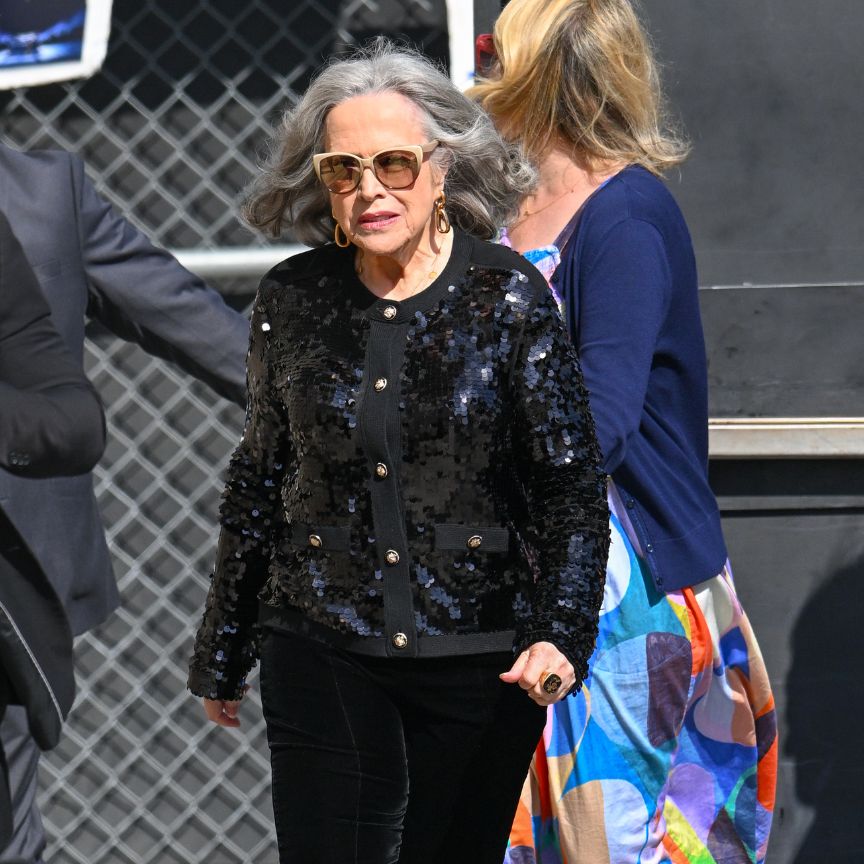 Allow Kathy Bates to Convince You to Grow Out Your Grays
Allow Kathy Bates to Convince You to Grow Out Your GraysOne look at her new style and you'll be canceling your root touch-up pronto.
By Ariel Baker
-
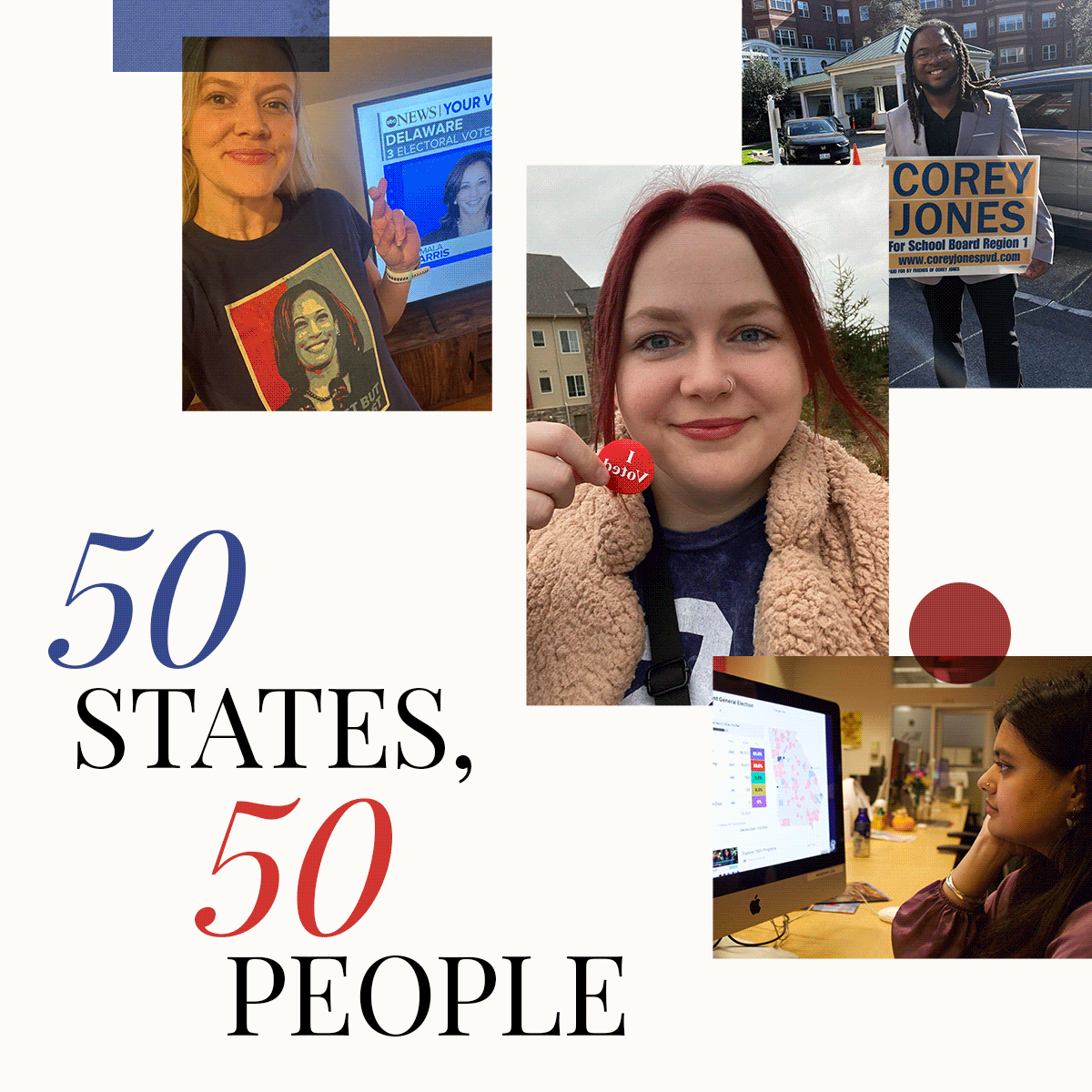 A Nationwide Reaction to the 2024 Election
A Nationwide Reaction to the 2024 ElectionHow are people feeling in this moment? Marie Claire spoke to folks across the country to find out what they were thinking as they cast their votes and waited to hear the results.
By The Editors
-
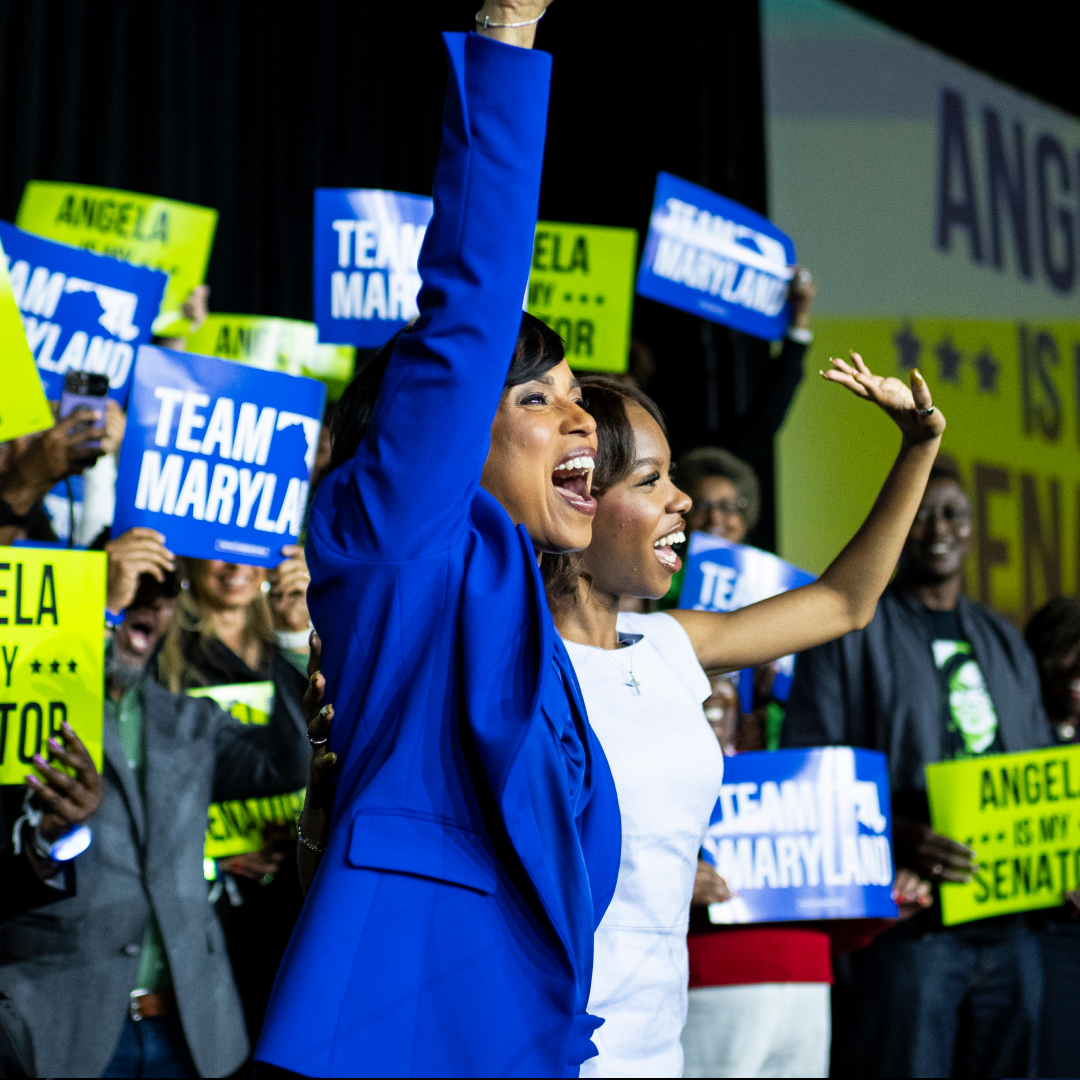 The Historic Election Victories Worth Celebrating
The Historic Election Victories Worth CelebratingIncluding momentous firsts, abortion protections, and New York's "Equal Rights Amendment."
By Iris Goldsztajn
-
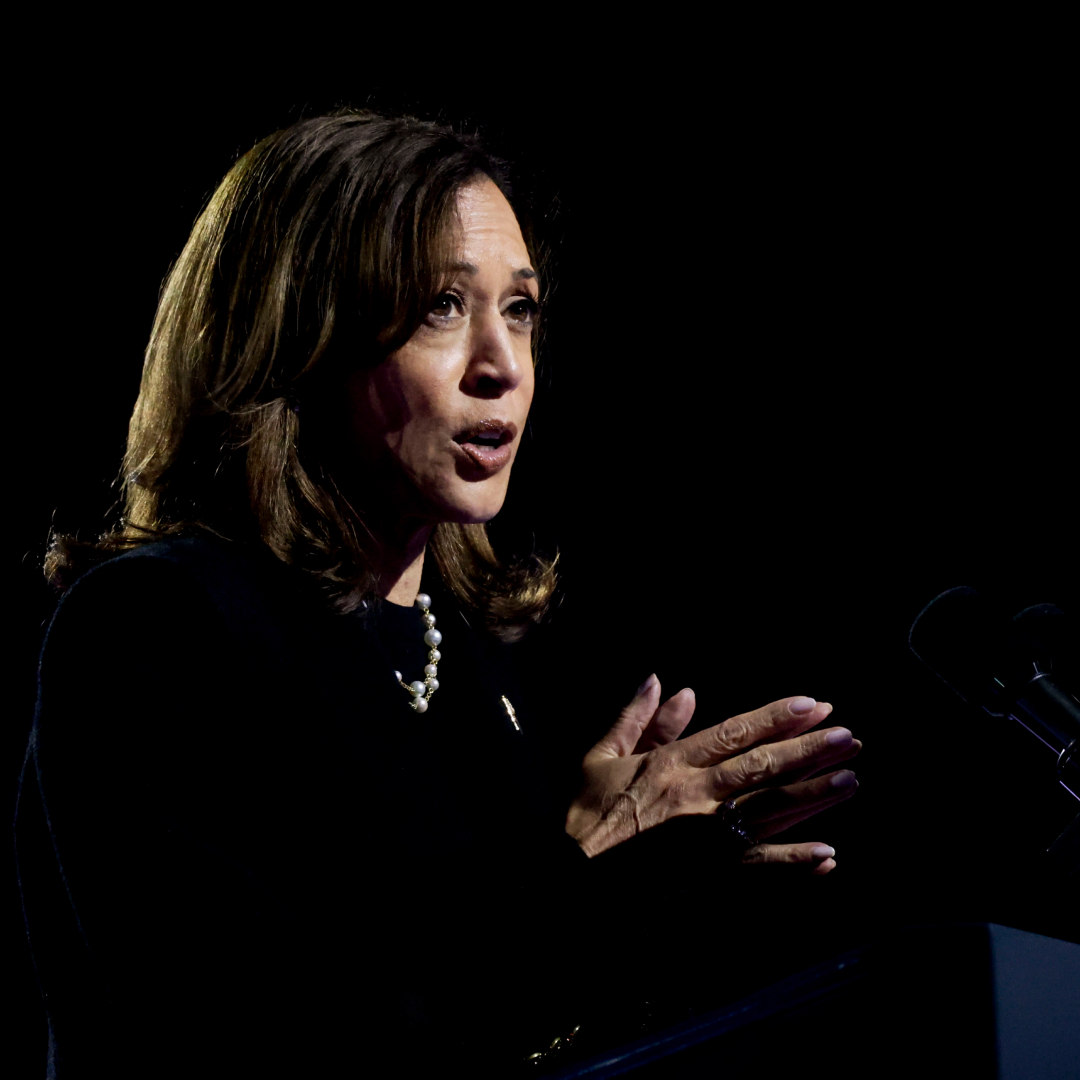 Kamala Harris Has Lost the 2024 Presidential Election
Kamala Harris Has Lost the 2024 Presidential ElectionIt's official.
By Jenny Hollander
-
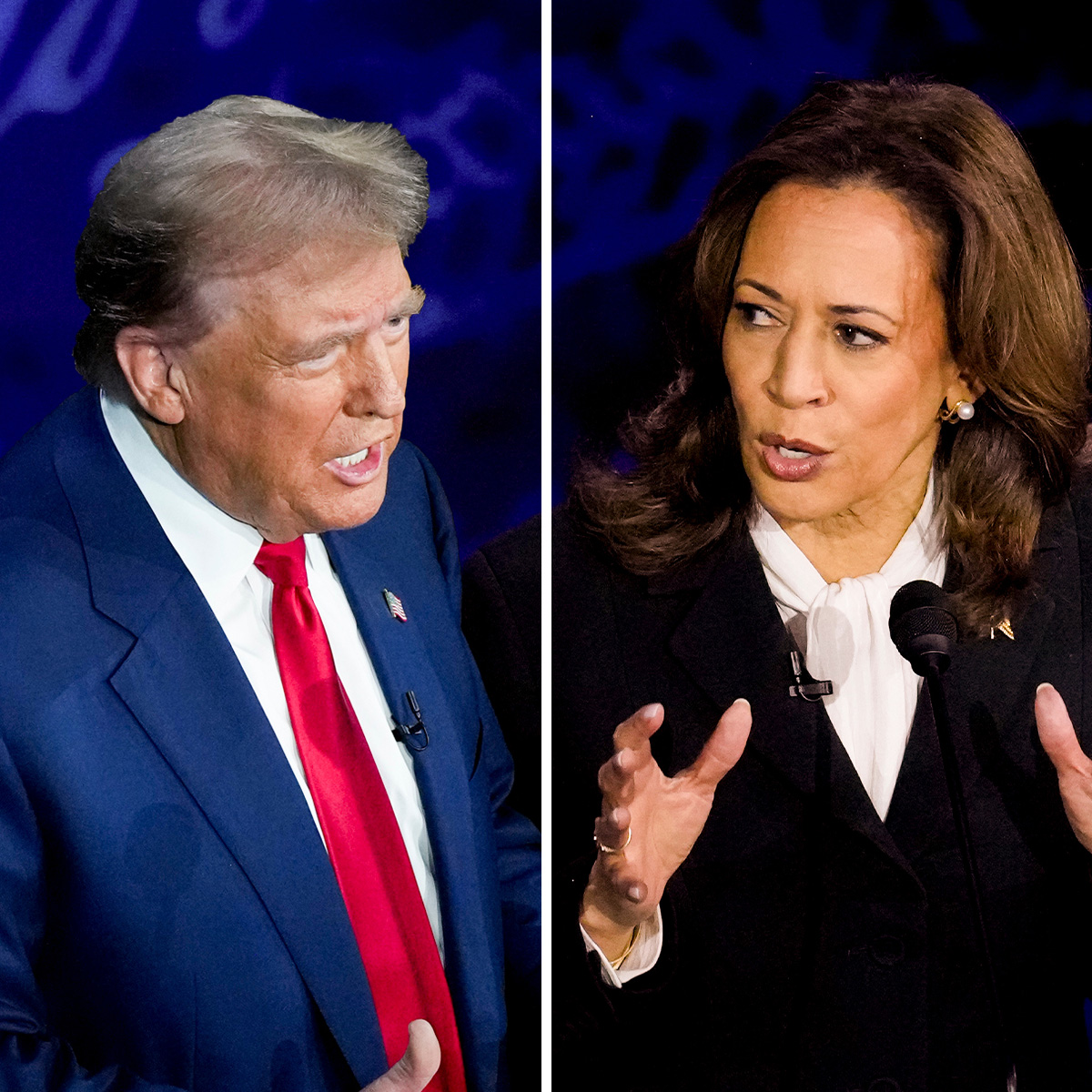 Trump Has Been Getting More Erratic on Abortion—Kamala Harris Finally Called Him Out
Trump Has Been Getting More Erratic on Abortion—Kamala Harris Finally Called Him OutThe entire energy of Tuesday night's presidential debate shifted when the two candidates had a heated exchange about abortion rights.
By Lorena O'Neil
-
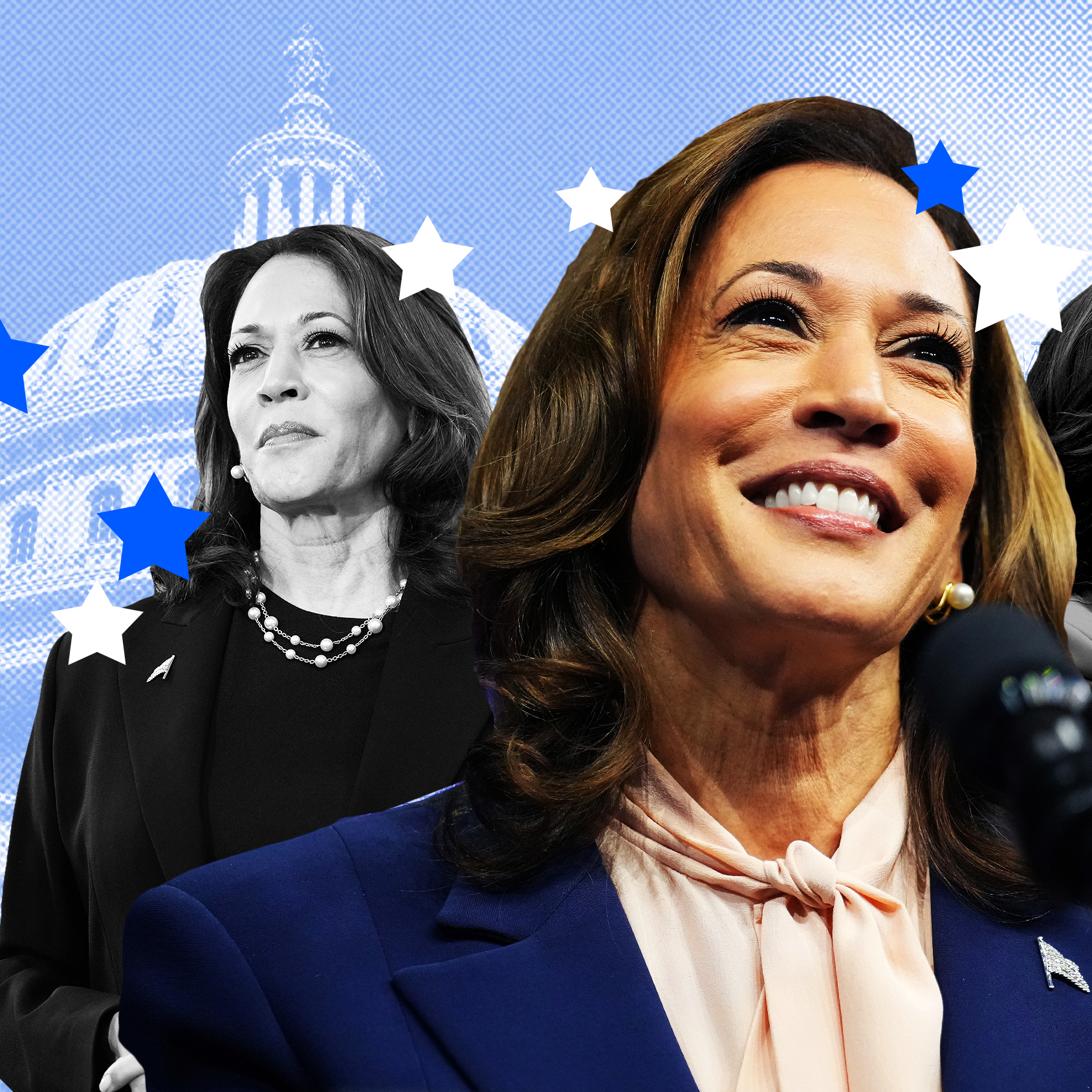 The Power and Promise of Kamala Harris
The Power and Promise of Kamala Harris"The stakes in this election couldn’t be clearer. And Vice President Harris has given us reason to hope—a deep and abiding hope that is less about wishing and more about working."
By Ayanna Pressley
-
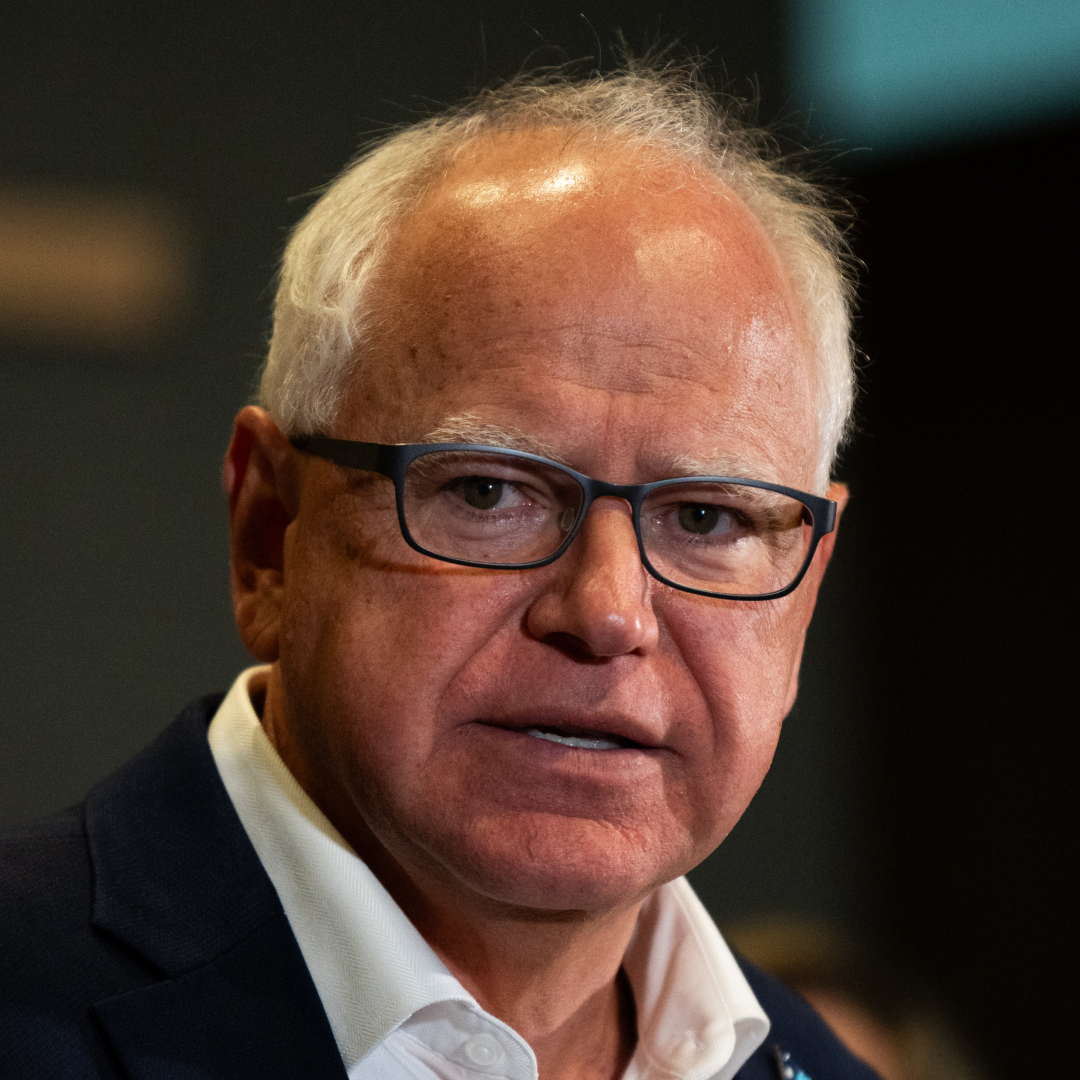 Who Is Tim Walz, Kamala Harris' Pick for Vice President?
Who Is Tim Walz, Kamala Harris' Pick for Vice President?The current governor of Minnesota recently called the Trump-Vance ticket "weird."
By Amy Mackelden
-
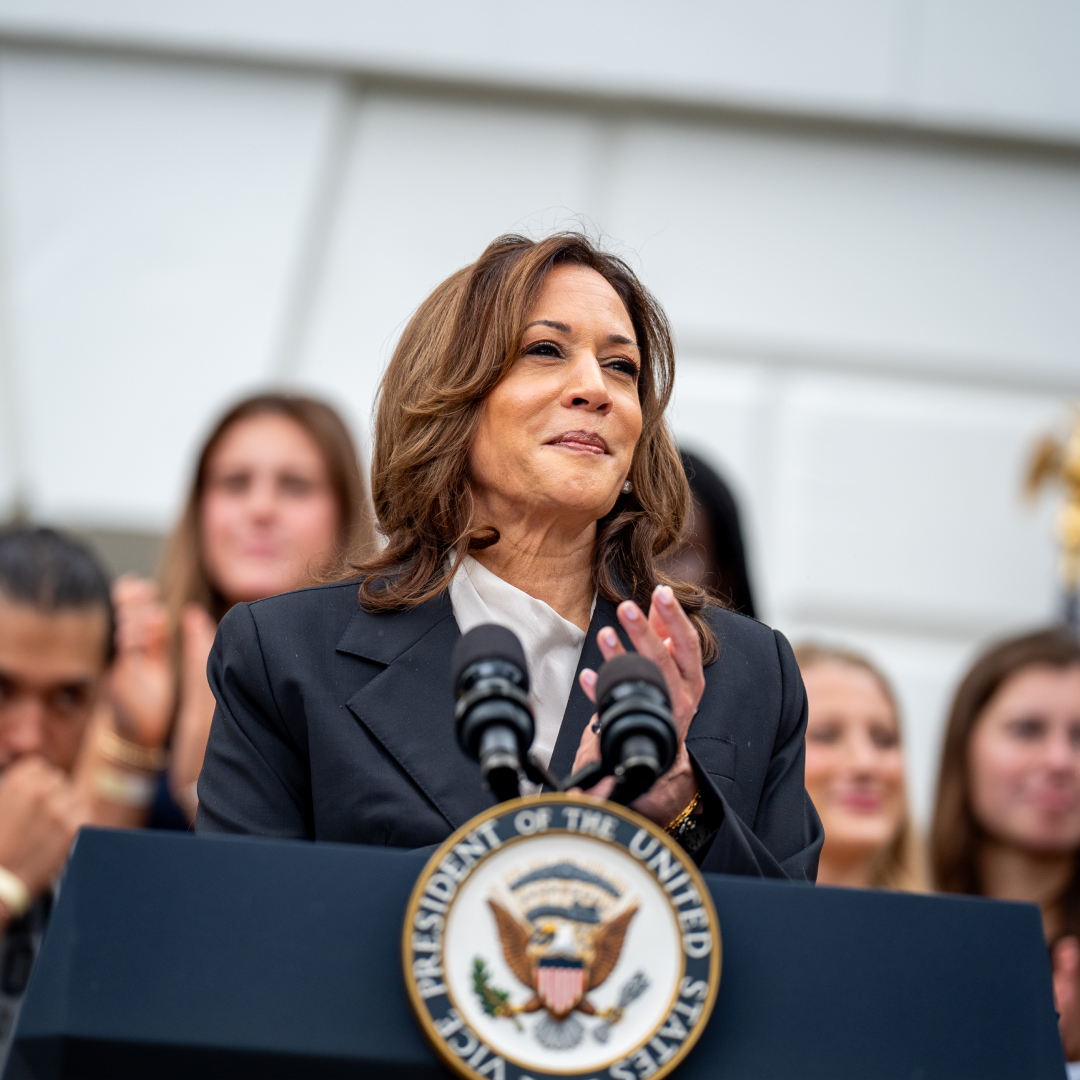 Most Republicans Aren't Talking About Gender and Race. Here's Why Kamala Harris Should
Most Republicans Aren't Talking About Gender and Race. Here's Why Kamala Harris ShouldThe GOP knows that if this becomes a campaign about identity, they’re going to lose.
By Reshma Saujani
-
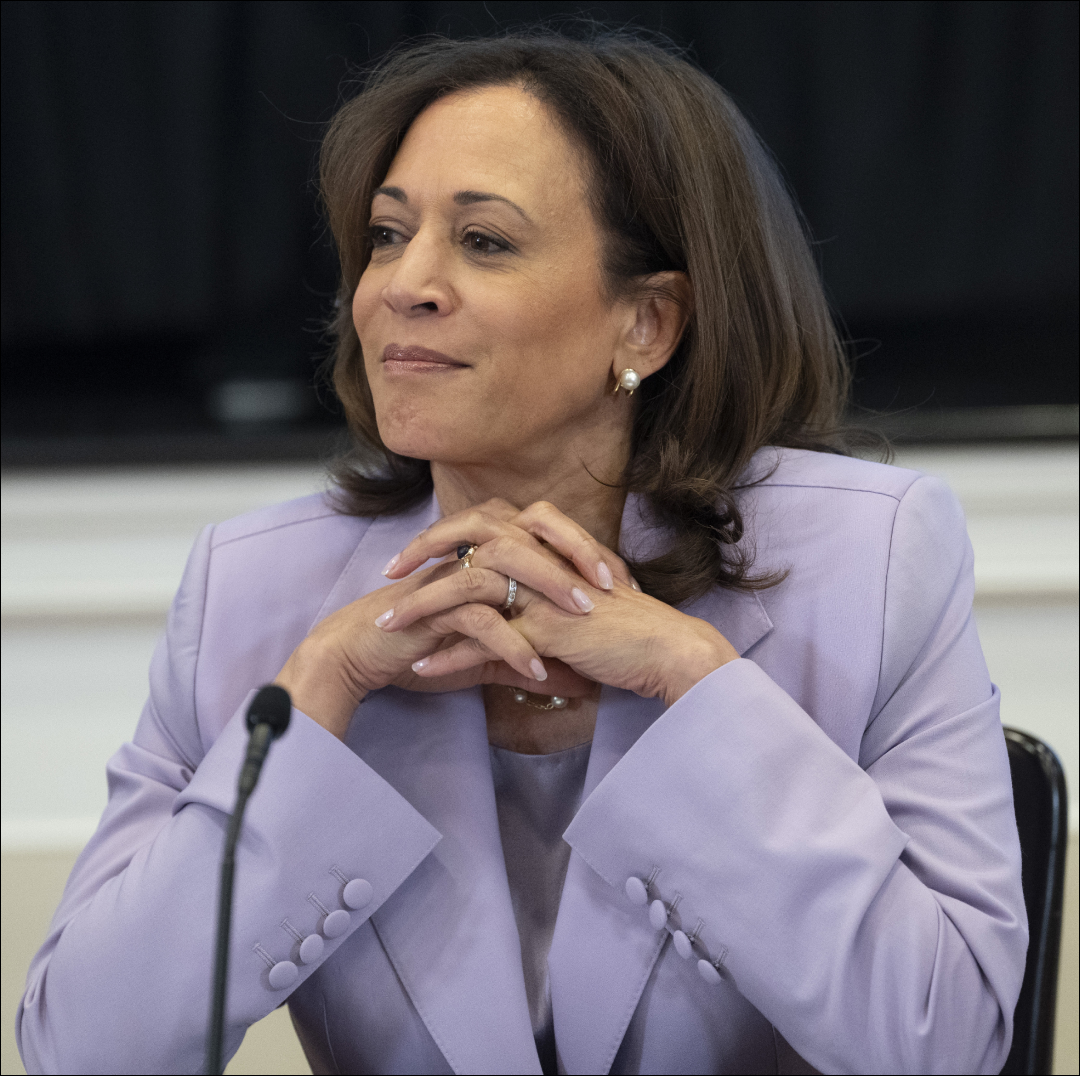 Vice President Harris Announces New Rules to Lower Childcare Costs
Vice President Harris Announces New Rules to Lower Childcare CostsHere's what you need to know about the Biden administration's latest efforts to make childcare more affordable.
By Emily Tisch Sussman